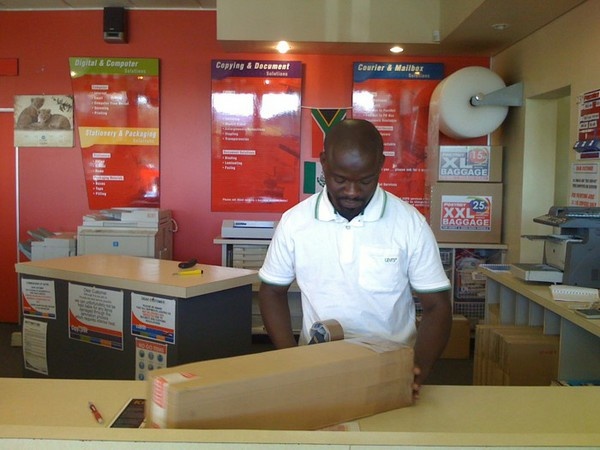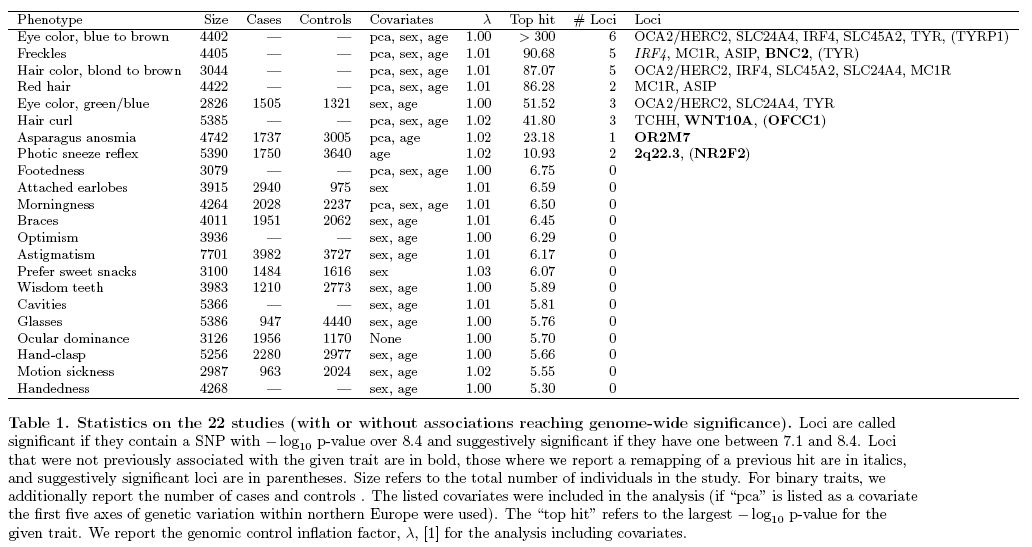 Oil Kept Congo From Starving - Western Academics Don't Seem To Like That
Oil Kept Congo From Starving - Western Academics Don't Seem To Like ThatIf even a wealthy like Germany has to lie about emissions to placate government-funded environmentalists...
 China Sells Western Progressives Solar Panels While Switching To Nuclear Power
China Sells Western Progressives Solar Panels While Switching To Nuclear PowerChina has quietly overtaken France to become the world's second-largest producer of nuclear energy. ...
 If You Care About Earth Day, Stop Buying Organic, Fair Trade And Other Junk Stickers On Products
If You Care About Earth Day, Stop Buying Organic, Fair Trade And Other Junk Stickers On ProductsAs Lenin's Birthday Earth Day approaches, all of media are pillaged by public relations flaks being...
 If A Weedkiller Turned You Gay, We'd Like To Interview You
If A Weedkiller Turned You Gay, We'd Like To Interview YouRobert F. Kennedy Jr. is a lawyer who leveraged a name that was essentially beatified by Democrats...












